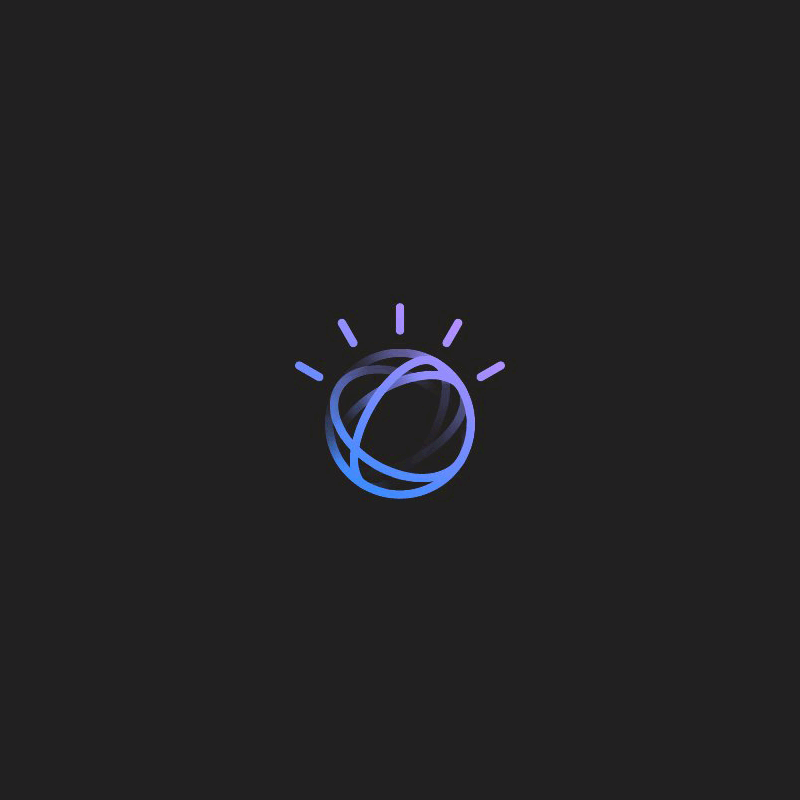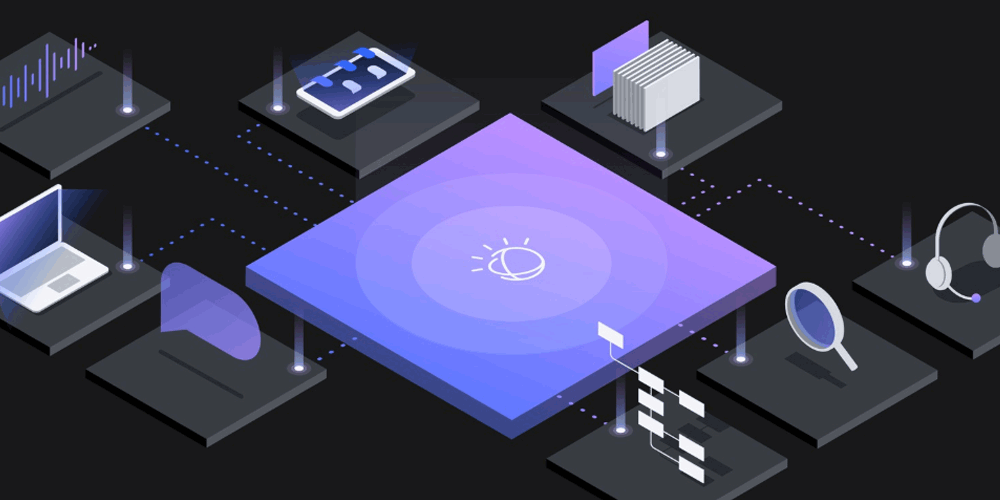
IBM has been offering its corporate customers its Watson technology. But that was possible if they were using it on IBM's own cloud computing service.
This is changing, as the company said that it's expanding Watson's reach by making it available to competing cloud services, including on rivals like Google Clouds, Microsoft Azure and Amazon Web Services.
Even more convenient, IBM customers can also use Watson with data stored in their own data centers.
Here, IBM is broadening Watson-branded AI services - like the Watson Assistant for building conversational interfaces and Watson OpenScale for managing the AI life cycle - from its own cloud to beyond.
This should make it appeal to even more users.
"It is enabling a level of openness that hasn’t been available to date," as explained by Rob Thomas, IBM's general manager of data and AI.
The change of strategy comes as IBM’s public cloud services fell down to third place in terms of market share, behind AWS and Microsoft Azure.
"Clients are really struggling with infusing AI into their applications because the data is distributed in multiple places," said IBM Watson’s CTO and chief architects Ruchir Puri.
Puri also said that many companies have long wanted to use AI to make their operations more efficient. But the reasons for the slow adoption is that they needed to run their AI tools in an environment they control and feel comfortable with.
"It’s in these hybrid environments, they’ve got multiple cloud implementations, they have data in their private cloud as well. They have been struggling because the providers of AI have been trying to lock them into a particular implementation that is not suitable to this hybrid cloud environment."
With Watson can be deployed on any cloud platform, IBM is giving these businesses the option to bring AI to their data, using the method they want.
With this strategy, IBM can be sure more people can benefit its enterprise solutions for developing and running AI models using structured and unstructured data, as well as a full monitoring and life cycle management suite.

To make Watson capable in running on either IBM Cloud Private or others, the company said that it uses open-source technologies for running tools and services like Kubernetes and Cloud Foundry. This allows companies to then run Watson, too.
"The capabilities we are releasing right now are based on our two flagship products (Watson Assistant and Watson OpenScale). That addresses a very large domain of use cases that we come across,” continued Puri.
"We will bring the rest of the capabilities [to the platform]. For example, Watson Knowledge Studio will come along with it as well, as well as Watson’s natural language understanding capabilities that we currently have available in our public cloud environment will be ported on to it as well."
In addition to this, IBM also announced that it is launching a new version of its Watson Machine Learning Accelerator that boasts high-performance GPU clustering to Power Systems and X86 systems, which promises to accelerate AI performance to up to 10 times.
The company also announced IBM Business Automation Intelligence with Watson. in which according to the company, can give business leaders the ability "to apply AI directly to applications, strengthening the workforce, from clerical to knowledge workers, to intelligently automate work from the mundane to the complex."
The moves mark a departure of IBM, which previously was anything but open with its cloud computing service and Watson technologies.
“We are confident in the IBM cloud that if clients try our products anywhere, they will eventually be drawn to IBM cloud and the uniqueness it provides," said Thomas.
"You could say IBM is trying to take back the initiative in machine learning here. The Watson brand has lost a little bit of luster over the years as others has come along. They are trying to take it back."
